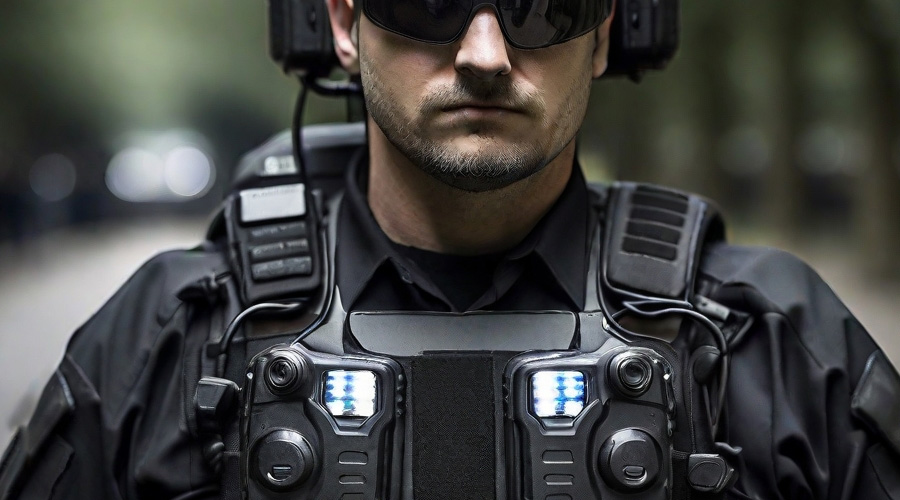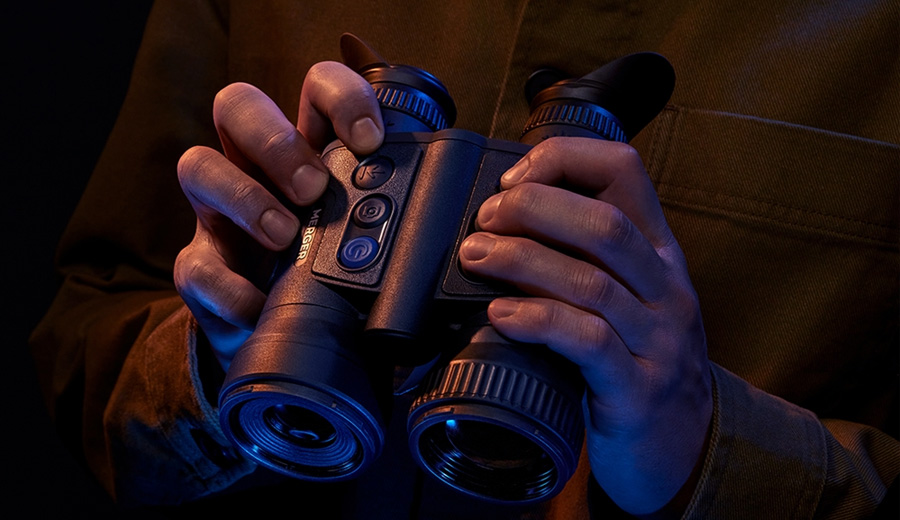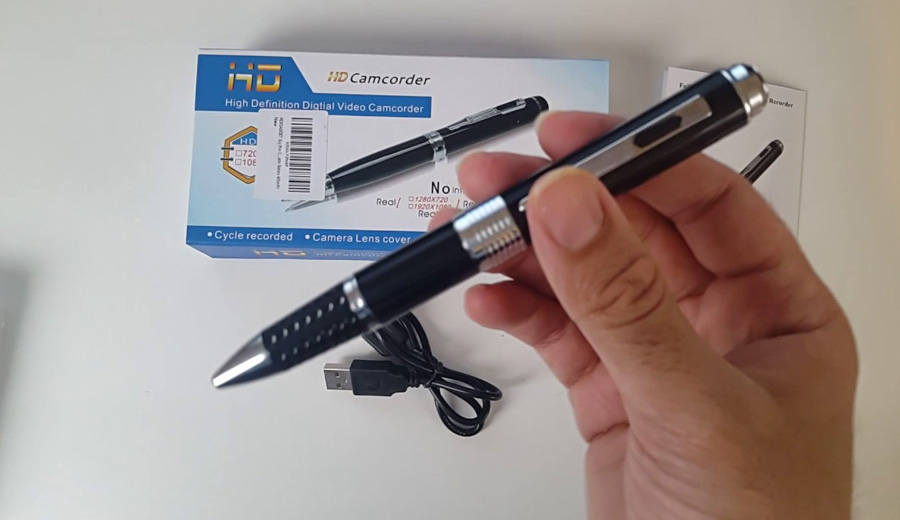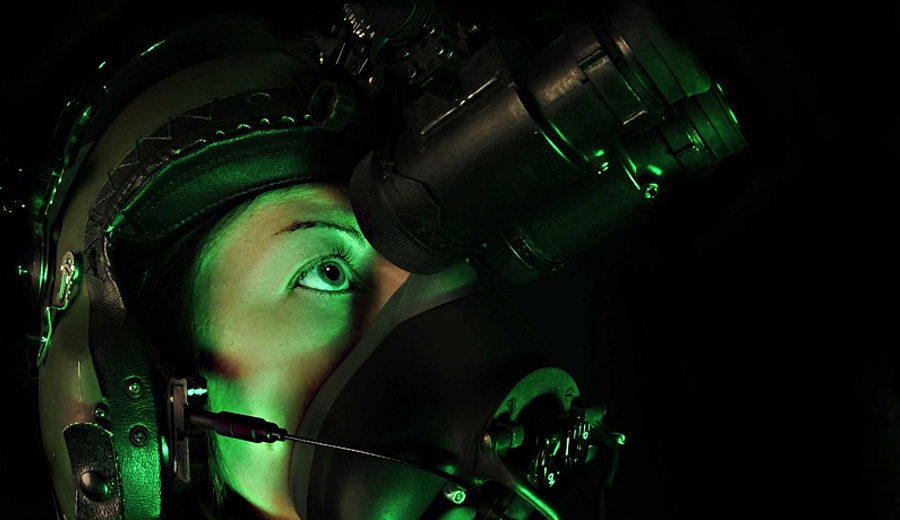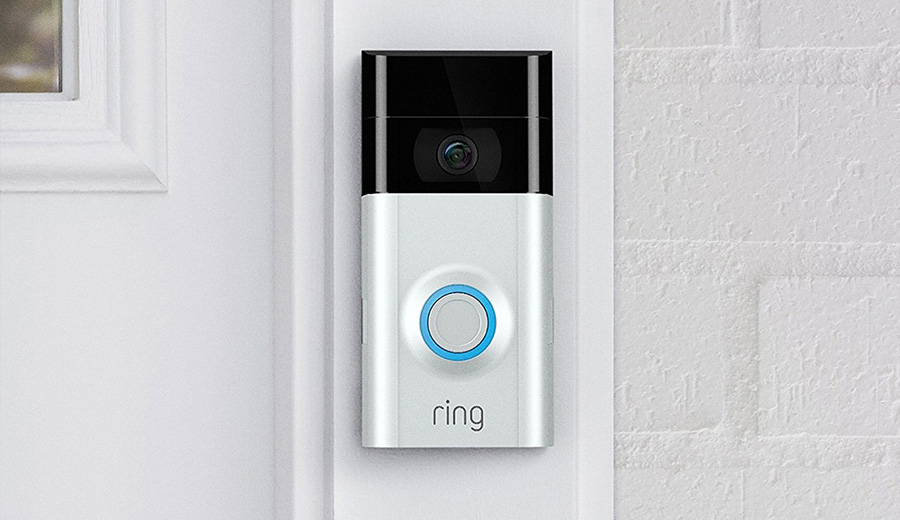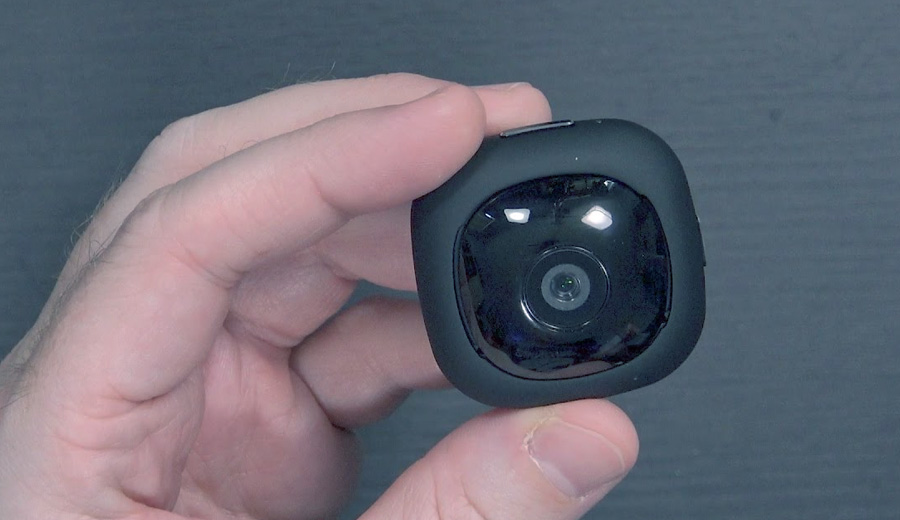When it comes to security these days, technology plays an extremely important role in ensuring that safety and order is maintained. Body-worn cameras have proven to be among the most powerful tools available to the security personnel.
Small in size, many of them smaller than an average smartphone, and serve a function of security personnel’s eyes. These spy devices provide live surveillance footage and numerous benefits across many industries including law enforcement, and private security.
This report investigates the multiple benefits of body-worn cameras for security officers.
1. Enhanced Situational Awareness:
Body-worn cameras also provide for quicker situational awareness for the security officers. They include gadgets that provide real-time visual and audio footage, giving security personnel full information on what’s happening at hand.
It makes them more conscious and responsive when it comes to handling wide range of incidents that range from small disruptions to dangerous situations.
2. Evidence Collection:
Wearable cameras play the role of a third party that records events as they unfold. This feature is essential in law enforcement where camera recordings may provide critical evidence in cases, trials, and investigations.
With higher definition of cameras, you get better and more accurate footage. This in turn, helps to give an accurate picture of what specifically happened, and hold necessary parties accountable.
3. Deterrence and Accountability:
The fact that security personnel wear body cameras serves as an effective deterrent against would-be misdeeds. The existence of a visible camera may deter people from committing crimes, trespassing, damaging property or breaking law in any other way as they can be filmed.
In addition, such officers are responsible for their own behavior, because the video evidence serves as a basis for evaluating their actions.
4. Training and Evaluation:
Security personnel rely on body-worn cameras for training and evaluation purposes. Such records can help organizations to look at the performance of their officers and find aspects where there’s need for improvement.
They allow for real-time feedback through which supervisors can give directions depending on what they view on the recordings.
5. Increased Transparency:
In public and government settings, transparency is important in the operation of security. By documenting interactions between security personnel and the public, body-worn cameras foster transparency.
This documentation could prove useful in establishing trust and credibility among the public by demonstrating that officers are observing standard procedures intended for proper security work.
6. Personal Safety:
Security personnel often get into dangerous situations. The cameras can prove to be useful lifesavers, as they are capable of transmitting real time video/audio feeds to a central control room/monitoring station. This feature can actually mean life and death for security officers when they require help right then and there.
7. Rapid Response and Decision-Making:
Body-worn cameras send continuous real-time video feeds to both security teams and commanders who can make prompt and informed decisions. This advantage can be pivotal in fast moving scenarios, say during mass-gathering or a security breach.
8. Record Keeping:
Some companies must keep records of their security operations. Body-worn cameras make it simpler to capture such events as they are logged with time stamps enabling easy retrieval of such information whenever there is a need for reporting, storage or legal use.
9. Reduced False Claims:
False claims and accusations in many security-related incidents makes resolution of cases complicated. The use of body-worn cameras gives a factual record of what transpired, thereby reducing the chances of false accusations by establishing true story of the event.
10. Personal Accountability and Professionalism:
Security personnel tend to be more responsible and professional knowing that their activities are on record. Accountability goes all the way down to public interactions, working with colleagues, and supervisors, thus promoting responsible and ethical behavior at work.
Finally, it is evident that body-worn cameras have come a long way to become fundamental equipment in different security departments.
Such devices have a lot of benefits, beginning with improved awareness of the situation or site and the ease of collecting evidences to promoting openness and professionalism among officers.
With the continued advancement in technology, body-worn cameras will become increasingly sophisticated, as well, integrated in the daily operations of security personnel. Hopefully, this would lead to a safer and more secure.

